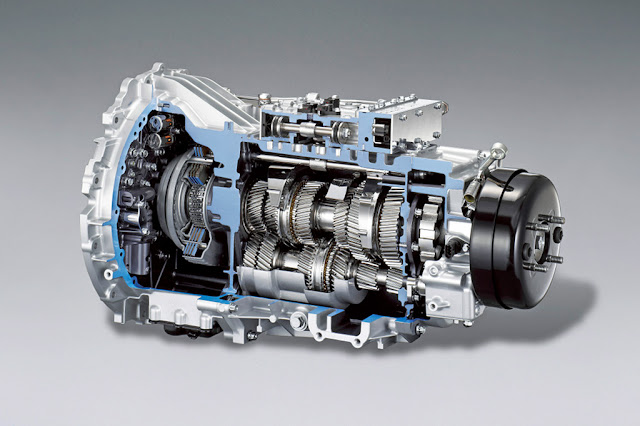Sustainable Manufacturing Practices in the Solar Micro Inverter Industry: Green Initiatives and Eco-Friendly Solutions
As the global focus on environmental sustainability intensifies, industries worldwide are seeking ways to reduce their carbon footprint and adopt more eco-friendly practices. The solar micro inverter industry, as a crucial component of the renewable energy sector, has also embraced sustainable manufacturing practices to promote green initiatives and minimize its environmental impact.
Energy-efficient manufacturing
processes: Sustainable manufacturers in the solar micro inverter industry
prioritize energy efficiency in their production facilities. They invest in
energy-efficient equipment and technologies, such as high-efficiency motors,
LED lighting, and smart building management systems, to reduce energy
consumption during the manufacturing process.
Renewable energy integration:
Sustainable manufacturers leverage their expertise in renewable energy by
incorporating on-site solar panels or other renewable energy sources to power
their production facilities. This move not only reduces their reliance on non-renewable
energy but also showcases the viability of renewable energy technologies.
According to Coherent Market Insights, the global
Solar Micro Inverter Market was accounted for US$ 231 Mn in terms of
value in 2021 and is expected to grow at CAGR of 18.3 % for the period
2022-2030.
Waste reduction and recycling:
Minimizing waste generation is a fundamental aspect of sustainable
manufacturing. These manufacturers implement waste reduction strategies such as
lean manufacturing principles, reusing materials, and recycling waste materials
to limit their impact on landfills and natural resources.
Green supply chain management:
Sustainable manufacturing practices extend beyond the factory floor. Manufacturers
in the solar micro inverter industry actively seek environmentally responsible
suppliers and partners. This includes sourcing raw materials from sustainable
sources and promoting ethical and eco-friendly practices throughout the supply
chain.
Life-cycle assessments:
Sustainable manufacturers conduct life-cycle assessments to evaluate the
environmental impacts of their products from raw material extraction to
end-of-life disposal or recycling. By understanding the full life cycle of
their products, they can identify areas for improvement and design products
with a lower environmental footprint.
Toxic chemical reduction: Green
initiatives in the solar
micro inverter industry involve
reducing or eliminating the use of hazardous materials and toxic chemicals in
the manufacturing process. Companies adhere to RoHS (Restriction of Hazardous
Substances) and other regulatory standards to ensure their products are free
from harmful substances.
Extended product durability:
Sustainable manufacturers focus on enhancing the durability and reliability of
solar micro inverters. By creating long-lasting products, they reduce the need
for frequent replacements, minimizing waste generation and conserving
resources.
Employee engagement and
environmental awareness: Sustainable manufacturers prioritize employee
engagement in environmental initiatives. They provide training and education on
sustainable practices, encouraging employees to embrace eco-friendly behaviors
both at work and in their personal lives.
Certification and eco-labeling:
To demonstrate their commitment to sustainability, manufacturers seek
third-party certifications and eco-labels, such as ISO 14001 (Environmental
Management Systems) and eco-design labels, to verify their compliance with
environmental standards.
Overall, sustainable
manufacturing practices in the solar micro inverter industry contribute to the
transition towards a greener and more sustainable future. By integrating
renewable energy, reducing waste, and prioritizing eco-friendly initiatives, these
manufacturers play a vital role in promoting environmental stewardship while
meeting the growing demand for renewable energy solutions. As the industry
continues to evolve, sustainable practices will remain a driving force in
shaping the solar micro inverter sector's positive environmental impact.



%20Market1.png)
Comments
Post a Comment